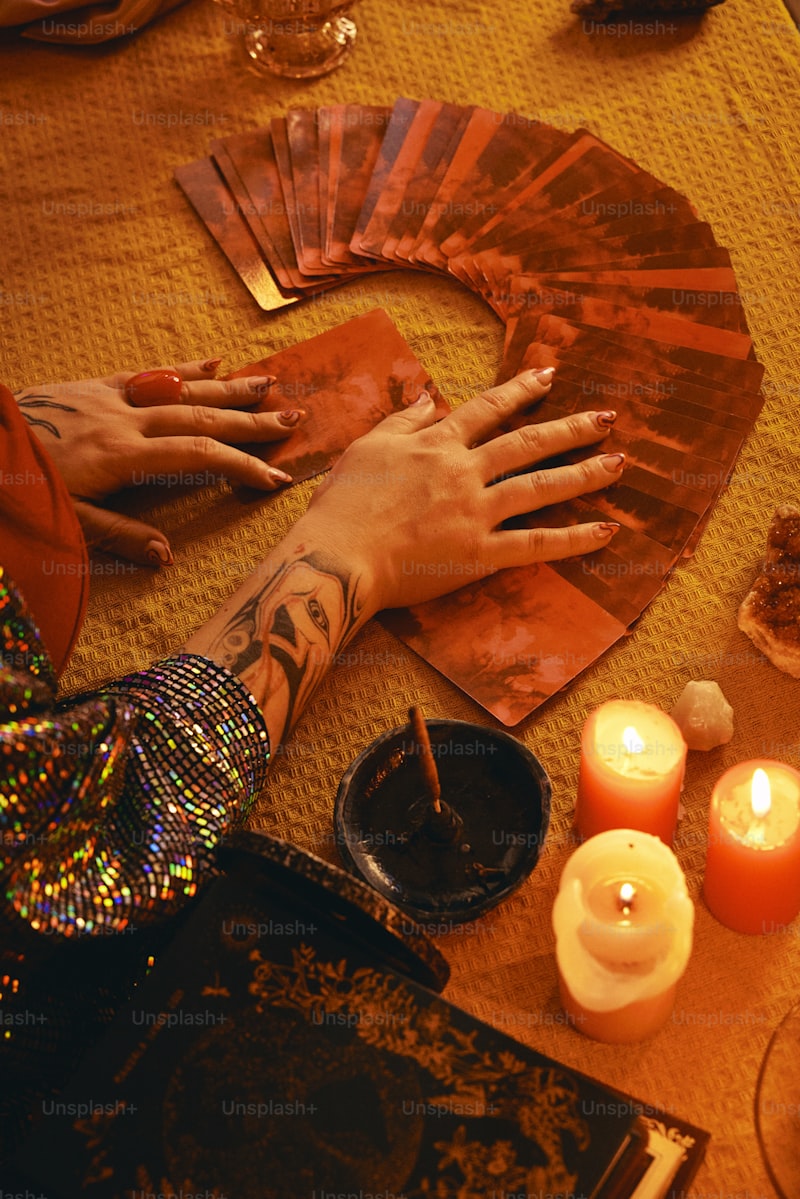Exploring Rituals for Different Cultures: A Deep Dive into Traditions and Significance
Understanding Cultural Rituals
Rituals are an integral part of human culture, embodying beliefs, traditions, and values that vary across different societies. Each culture has unique practices that reflect its history and social dynamics. In this article, we will explore the rituals for different cultures, delving into their meanings and the roles they play in shaping communities around the globe.
The Essence of Rituals
Rituals can be defined as established procedures or ceremonies often performed for religious or cultural significance. They can take various forms, including religious observances, seasonal festivals, rites of passage, and communal gatherings. These rituals reflect the collective identity and values of a community, serving to reinforce social bonds and promote cultural continuity.
Types of Rituals Across Cultures
To better understand the diversity of rituals, we can categorize them into several types:
| Type of Ritual | Description |
| Religious Rituals | Practices that are part of religious traditions, such as prayers, sacraments, and ceremonies. |
| Rites of Passage | Ceremonies that mark significant transitions in a person's life, such as birth, marriage, and death. |
| Seasonal Festivals | Celebrations that occur at specific times of the year, often linked to agricultural cycles or seasonal changes. |
| Communal Gatherings | Events that bring individuals together, fostering social connections and a sense of belonging. |
Notable Rituals from Around the World
Let’s take a look at some fascinating rituals from various cultures:
1. Diwali in India
Diwali, also known as the Festival of Lights, is one of the most important Hindu festivals celebrated in India and around the world. It symbolizes the victory of light over darkness and good over evil. Families decorate their homes with clay lamps, known as diyas, and exchange sweets and gifts. The festival usually includes a period of prayer, with rituals honoring deities such as Lakshmi, the goddess of wealth.
2. Day of the Dead in Mexico
The Day of the Dead, or Día de los Muertos, is a Mexican tradition honoring deceased loved ones. This vibrant festival takes place on November 1st and 2nd, where families create altars known as ofrendas adorned with photos, food, and flowers. The rituals include visiting cemeteries and celebrating with music and dance as a way to keep the memories of the departed alive.
3. Hanami in Japan
Hanami, or cherry blossom viewing, is a beautiful springtime ritual in Japan that celebrates the fleeting beauty of cherry blossoms. Families and friends gather in parks to enjoy picnics under the blooming trees, reflecting on the transient nature of life. The tradition emphasizes appreciation for nature and is often accompanied by traditional music and dance.
4. The Maasai Jumping Ritual
The Maasai people of Kenya and Tanzania perform a jumping ritual as a rite of passage for young warriors. The ceremony, known as Lkarne, showcases the strength and skill of the warriors, who jump as high as they can in front of the community. This ritual is deeply rooted in their culture and signifies bravery and readiness for adulthood.
5. Thanksgiving in the United States
Thanksgiving is a national holiday celebrated primarily in the United States and Canada, where families come together to share a meal, traditionally featuring turkey. The ritual symbolizes gratitude for the harvest and the blessings of the past year. It often includes family gatherings, parades, and volunteering to help those in need.

Why Rituals Matter
Rituals serve several pivotal functions in society. They help to:
- Preserve Tradition: Rituals are crucial for maintaining cultural heritage and passing down customs to future generations.
- Foster Community: They create a sense of belonging and community among individuals, strengthening social ties.
- Provide Structure: Rituals often offer a framework for individuals to navigate life changes and challenges.
- Enhance Spirituality: Many rituals connect individuals to a higher power or spiritual realm, providing comfort and meaning.
Questions People Also Ask
- What is the significance of rituals in different cultures?
- How do cultural rituals evolve over time?
- Can rituals impact individual behavior and community dynamics?
- What are some common elements in rituals across cultures?
- How do modern societies integrate traditional rituals?
Conclusion: Embracing Cultural Diversity Through Rituals
Rituals for different cultures are not just mere traditions; they are a reflection of the human experience, embodying values and beliefs that shape our identities. As we navigate an increasingly globalized world, recognizing and respecting these rituals can foster greater understanding and appreciation for cultural diversity. Engaging in or observing these rituals can be a profound experience that enriches our connection to humanity and the values we hold dear.
In summary, whether it’s participating in a vibrant festival or observing a solemn ceremony, rituals remind us of our shared humanity and the diverse tapestry of life that we are all a part of. As you explore various cultural rituals, consider how they can enhance your understanding of different perspectives and enrich your own life experiences.